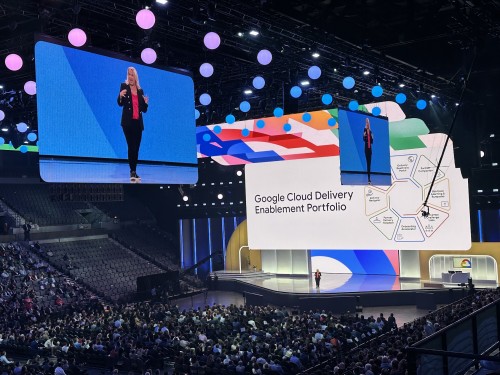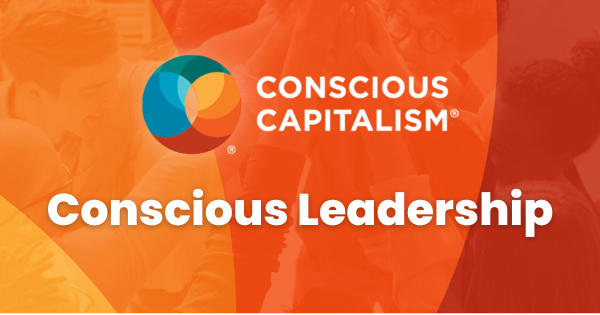Section Recommendations
To review, there are seven parts of a nicely done resume.
Summary
Experience
Certification and Awards
Education
Technical Skills
Contact Information
Additional information like LinkedIn, GitHub, Hackerrank, and portfolio.
We will go over numbers three through seven in this post.
Certification and Awards
When deciding which certifications and awards should be on your resume, work to include the most significant or important ones you have received. If you do not think they are important to this specific role, you do not have to include them.

Education
Do not include your elementary school, middle high school, or high school. It’s not necessary, what only matters is your academic degree (bachelor's, master's, doctorate). Put the specific area of study and school name. It's optional to add the years you were completing the courses.
Technical Skills
Specify the most important ones and try to group stacks and technologies together.
Remember, you have the whole resume to talk about them. So, do not just pile them in this section and call it a day.
Links
I recommend that you add your LinkedIn URL to your resume. Make sure your profile is updated and include relevant information just like your resume. Nowadays, LinkedIn is the number one tool used by recruiters to find new talent.
You can also include your GitHub profile, Hackerrank profile, portfolio, or any other relevant website links.
Other Important Questions
I know there are very specific questions many people want answered about the resume writing process. So, let’s walk through some of the most common questions to help you be confident with your final resume draft.
Should You Describe the Company You Worked For in a Resume?
Mentioning your past company or project description is optional. You might want to mention it in case it’s a company that most people have never heard of. Otherwise, feel free to skip it and use this space for an additional bullet point.
What If You Worked Less Than a Year on a Project of Job?
If you work less than a year do not list the months you worked. Instead, list the year you were in this position. This is to avoid looking like a job hopper and making a bad impression.
Should You Add Every Project You've Participated In?
It’s not needed, so just add the most relevant activities. The most important thing is that they get to know what you are able to do.
How Long Should A Resume Be For 10+ Years of Experience?

If you have 10+ years of experience then you do not need to include all your experience from year one. Instead, include a disclaimer like this:
“If additional information about experience prior to this is needed, please contact me to provide it.”
Remember to tailor your resume to the characteristics of the position you’re applying for and keep it up to two pages by including the relevant experience.
Do You Have to Include Your Seniority on Your Resume?
Include seniority if your past role was a senior developer or senior software engineer. You do not need to include this if you are a mid or junior. In general, we as recruiters will discuss your seniority during interviews by doing specific assessments.
At the end of the day, the key to creating an outstanding resume is learning how to outline your best experience and technical skills depending on the job position you want to apply for. Building a resume can be as exciting as coding, but less overtechnical if you focus on following these steps.
Now that you have all the information you need to land your dream job, check out the awesome positions we have right now. To see what U.S. jobs are available at Improving, click here or reach out to us at careers@improving.com.





